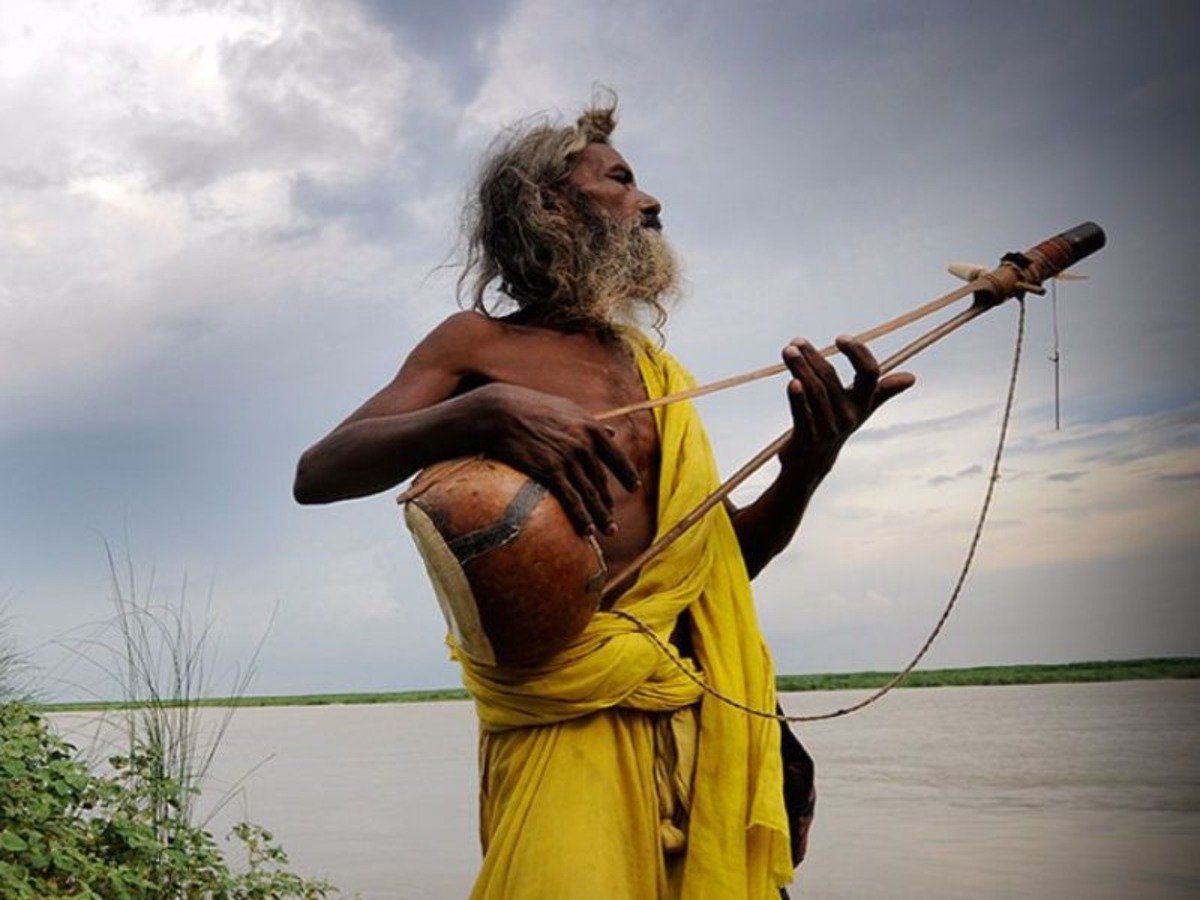CULTURAL & LITERARY FORUM OF BENGAL
Explore the Colourful Cultural Story Of West Bengal
CULTURAL & LITERARY FORUM OF BENGAL
The Culture of West Bengal is an Indian culture which has its roots in Bengali Literature, Music, Fine Arts, Drama and Cinema. West Bengal’s capital Kolkata – as the former capital of India was the birthplace of modern Indian literary and Artistic thought and is referred to as the “Cultural Capital of India”.


Literature
The Bengali language boasts a rich literary heritage, shared with neighboring Bangladesh. West Bengal has a long tradition in folk literature, evidenced by Charyapada, the Mangalkavya, Shreekrishna Kirtana, Thakurmar Jhuli, and stories related to Gopal Bhar. In the 19th century, Bengali literature was modernized in the works of authors such as Bankim Chandra Chattopadhyay, Michael Madhusudan Dutt, Rabindranath Tagore, Kazi Nazrul Islam, and Sharat Chandra Chattopadhyay. Coupled with social reforms led by Ram Mohan Roy, Swami Vivekananda and others, this constituted a major part of the Bengal Renaissance. The middle and latter parts of the 20th century witnessed the arrival of post-modernism, as well as literary movements such as those espoused by the Kallol Movement, Hungryalists and the Little Magazines
Theater and Films
Bengal has a long tradition of indigenous theater that dates back to the 1770s and consists of popular tales enacted through Dance, Music and Narration. Star Theatre, Academy of Fine Arts, Rabindra Sadan and Girish Manch are the most popular Bengali Theaters known for their development and socially conscious plays. Among other types of theater West Bengal has a tradition of folk drama known as Jatra. Kolkata is the home of the Bengali Cinema Industry, dubbed Tollywood. Its long tradition of art films includes globally acclaimed film directors such as Academy Award winning director Satyajit Ray, Ritwik Ghatak, Mrinal Sen, Tapan Sinha, and Contemporary Directors such as Aparna Sen, Buddhadeb Dasgupta, Goutam Ghose, Koushik Ganguly, Kamaleswar Mukherjee, Sandip Ray.
Music
The Baul tradition is a unique heritage of Bengali folk music, which has also been influenced by regional music traditions. Other folk music forms include Kabigaan, Gombhira, Bhawaiya, Kirtans and Gajan. Folk music in West Bengal is often accompanied by the Ektara. West Bengal also has a heritage in North Indian Classical Music. The state is recognised for its appreciation of Rabindra Sangeet, Nazrul Geeti and Indian Classical Music. Popular music genres include Adhunik Gaan, Jibonmukhi Gaan and Bangla Band
Dance
West Bengal is known for its diverse culture, and dance plays a significant role in showcasing this. Each region has its own unique dance form that not only reflects the culture and history of the area but also incorporates worldwide themes. The Gambhira dance is a devotional folk dance that addresses social, political, and moral issues of contemporary society and it is popular during festivals in North Bengal. The Santhal dance celebrates nature and addresses gender issues and land rights and it is performed by both men and women of the Santhali tribe. The Chhau is a widely practiced tribal dance that incorporates martial arts, athletics, and religion, with stories taken from the great epics of the Ramayana and the Mahabharata.
Festivals and Celebrations
West Bengal is famous for its culture and festivals are an inevitable part of this culture. Durga Puja is the biggest and most important festival of West Bengal and it features colourful pandals, decorative idols of Hindu goddess Maa Durga and her family, lighting decoration and immersion processions. Other major festivals are Kali Puja, Diwali, Dol Purnima, Saraswati Puja, Jagaddhatri Puja, Rath Jatra, Kojagori Lakshmi Puja, Vishwakarma Puja, Poush Parbon, Poila Boishakh, Christmas. Kolkata Book Fair, Kolkata International Film Festival and Dover Lane Music Festival are major annual cultural events of West Bengal.